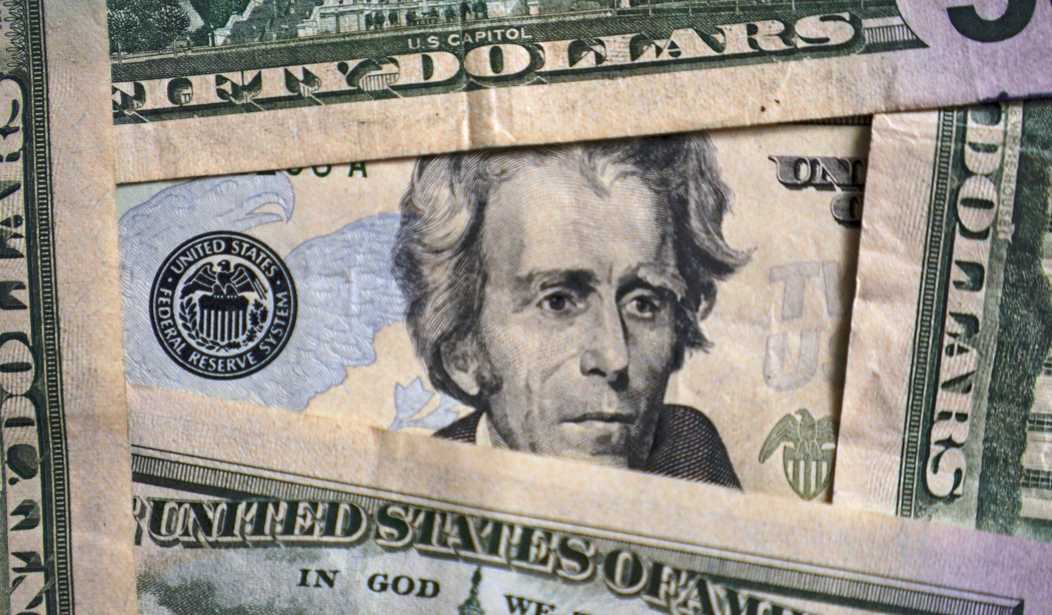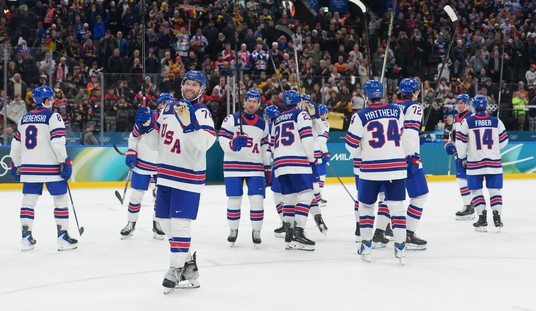The U.S. Consumer Price Index reported a slowdown in year-over-year total CPI to 2.9%, which is not only below what was expected but also marks the lowest rate since March 2021. The White House pounced on the report with a statement it attributed to Joe Biden that claimed, "Inflation has fallen below 3% and core inflation has fallen to the lowest level since April 2021."
The media is also joining in on the celebration, claiming that inflation has gone down. That's an extremely deceptive claim that doesn't reflect reality. When the White House and the media say that inflation is down, they want voters to believe that this means that the cost of daily essentials, like food, water, gas, and goods, is declining.
They are not. Prices are still going up, just at a slightly slower rate. Prices aren't going down, so you shouldn't expect to feel like you're getting more bang for your buck at the supermarket or gas station.
Some reports are honest about this, like this one from TIME magazine:
The July consumer-price index shows an annual inflation rate of 2.9%, slightly below expectations and the smallest increase since March 2021. The slowing inflation rate may be a welcome change for American consumers feeling the pinch from fast-rising prices over the last few years— but experts say it’s unlikely to cause a drop in grocery store prices.
“If inflation goes down, it means that the rate at which prices increase is slowing down, but it generally is not going to mean that prices are going down,” says William Hauk, associate professor in the Department of Economics at the University of South Carolina.
High inflation has led the U.S. to face a surge in consumer prices in recent years—in 2022, the U.S. saw one of the highest rates of inflation in 40 years. Grocery stores prices are now almost 25% more expensive than pre-pandemic levels, according to CPI data.
That's about as good as the report got. Later on, it claimed that we shouldn't want prices to go down. Seriously.
After claiming that the lower rate of inflation will mean that "shoppers are less likely to experience sticker shock each time they visit the store," it attempted to explain that as much as consumers want to see prices go down, "economists say that lowered prices, also known as deflation, would be a bad sign for the economy—and could lead to a recession, since it typically occurs when people are spending less."
Recommended: CNN's Polling Expert Tells Democrats That Kamala May Be in More Trouble Than They Think
“Of course, we'd like prices to be lower, but the problem is that one person's spending is another person's income,” Hauk explained to TIME. “So if prices are generally decreasing throughout the entire economy, on average, it also probably means that people are making less money throughout the economy, on average.”
That's a silly argument because consumers who have been buying less because of surging prices under Joe Biden would likely buy more if prices actually went down. That said, the article admits that "If people expect prices to go down in the future, they might hold off on purchasing big items, resulting in less money flowing through the economy," which is probably the main reason why TIME published the article in the first place.










Join the conversation as a VIP Member